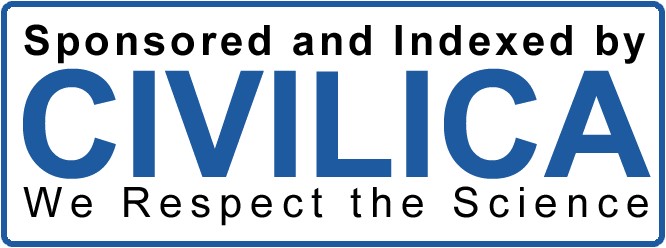A Phenomenological Analysis of Factors Influencing Motivation to Participate in Group Therapy for Addiction Recovery
Keywords:
Motivation, Group Therapy, Addiction, Qualitative Study, Phenomenology, Thematic AnalysisAbstract
This study aimed to identify and analyze the factors that influence individuals’ motivation to participate in group therapy sessions for addiction recovery. Using a qualitative phenomenological design, this study involved 21 participants in recovery, selected through purposive sampling from addiction treatment centers in Tehran. Data were collected via semi-structured interviews and analyzed thematically using Nvivo software. Sampling continued until theoretical saturation was achieved. Ethical considerations, including informed consent and confidentiality, were strictly observed throughout the research. Three main themes emerged: (1) Individual motivators (e.g., self-awareness, desire for change, spirituality, future hope); (2) Interpersonal and social influences (e.g., family support, spousal encouragement, peer recovery experiences, group belongingness); and (3) Structural and content-related factors of group sessions (e.g., session regularity, facilitator’s role, interactive teaching methods, emotional safety). Participants described motivation as a dynamic interplay of internal, relational, and structural elements. The findings suggest that motivation to engage in group therapy for addiction recovery is a multilayered construct shaped by lived experiences, psychological needs, social support, and the quality of the therapeutic environment. Enhancing these components can strengthen treatment retention and reduce relapse rates.
Downloads
Downloads
Published
Submitted
Revised
Accepted
Issue
Section
License

This work is licensed under a Creative Commons Attribution-NonCommercial 4.0 International License.






